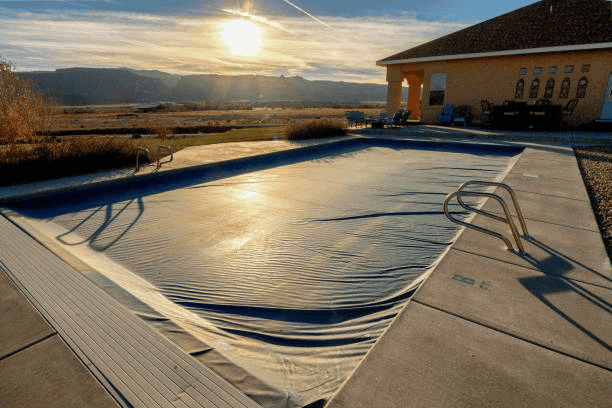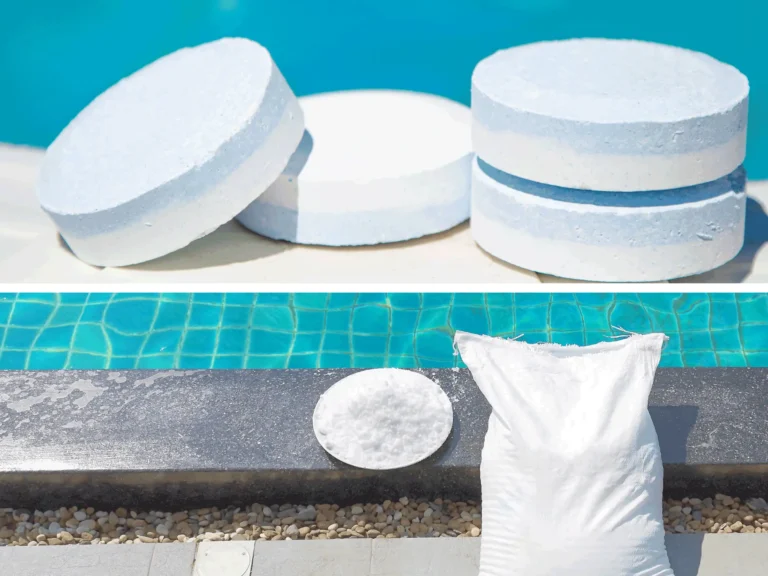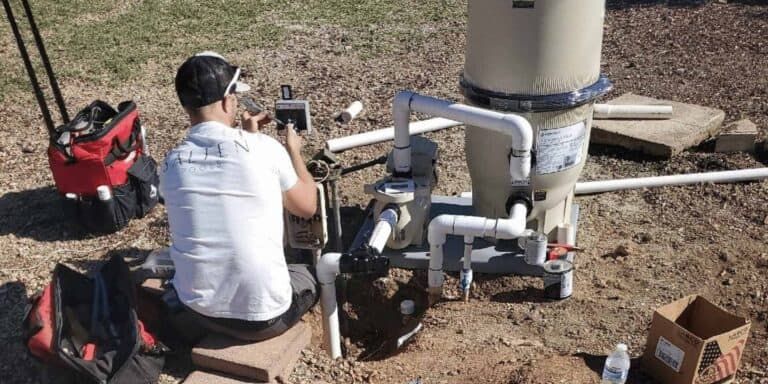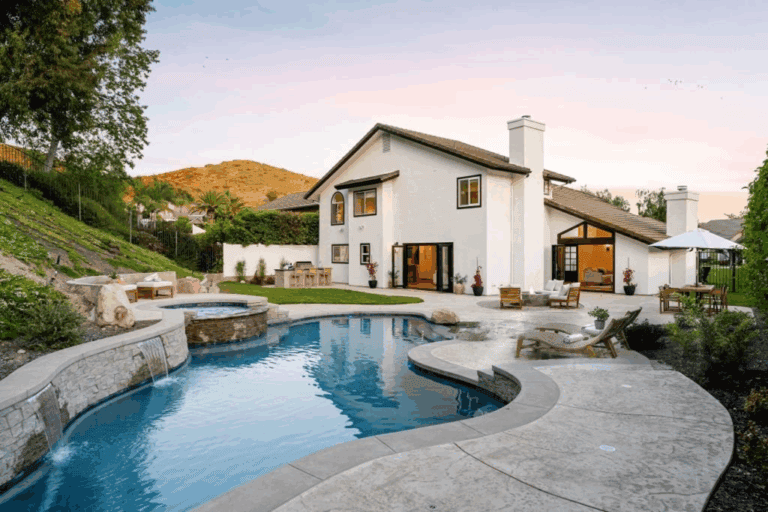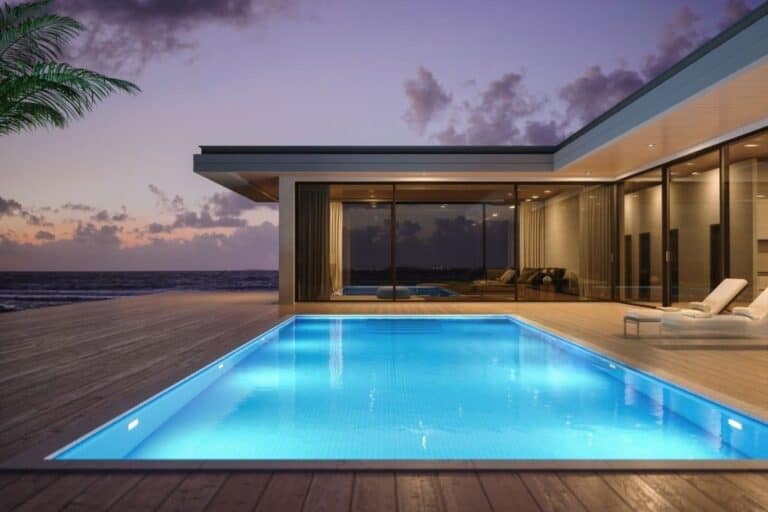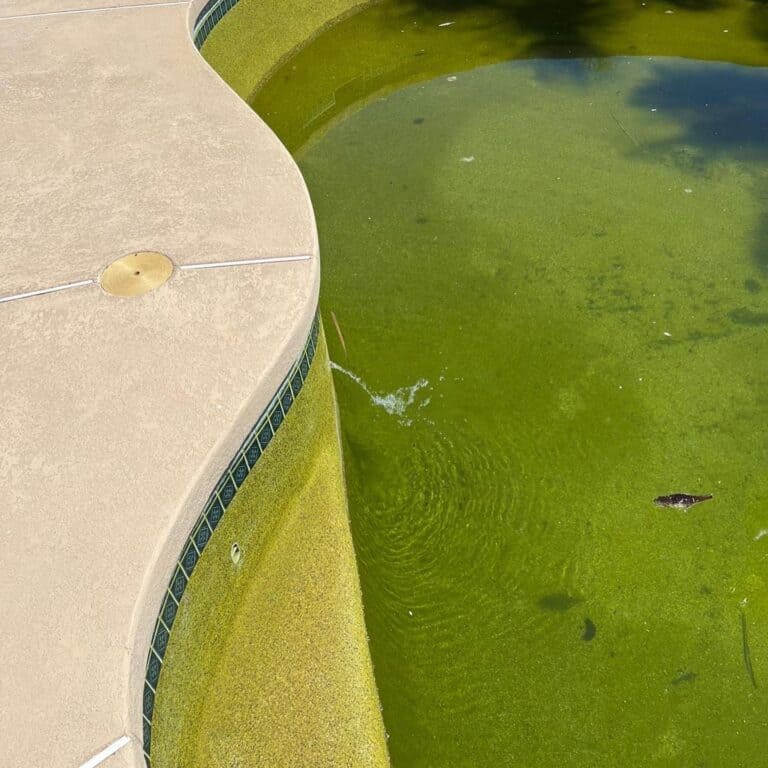7 Common Mistakes to Avoid When Building a Pool in Tempe
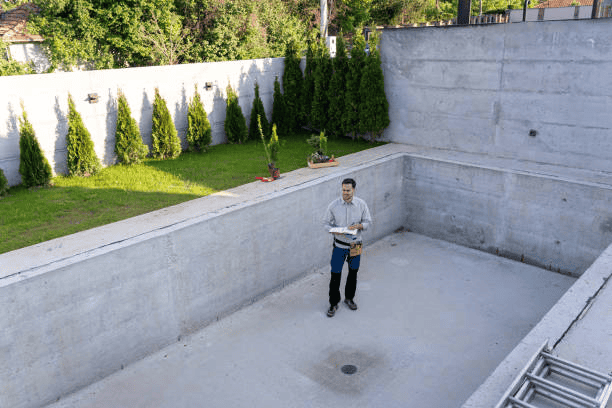
Building a swimming pool in Tempe is one of the most exciting home improvement projects you can undertake. Pools create a relaxing retreat, enhance backyard aesthetics, and even increase your property value. However, first-time pool builders often make mistakes that can lead to delays, higher costs, or long-term maintenance issues. At Salten Pools, we’ve guided numerous homeowners through smooth, stress-free pool projects. In this article, we’ll walk you through the seven most common mistakes people make when building a pool in Tempe—and how to avoid them—so you can enjoy a backyard oasis without unnecessary headaches.
1. Poor Planning and Design Choices
Planning is the foundation of any successful pool project. Skipping this step or making rushed decisions can result in a pool that doesn’t meet your needs. Many first-time pool builders focus on aesthetics alone, forgetting practical considerations like usability, maintenance, and long-term costs.
Why Planning Matters
- Space and layout: The size and shape of your pool should complement your yard. An oversized pool may dominate your backyard, while a small pool might limit recreational use.
- Usage: Will the pool primarily be for family swimming, entertaining guests, or relaxation? Your intended use affects depth, features, and safety considerations.
- Integration with landscape: Consider decks, patios, fire pits, or outdoor kitchens around your pool area. Thoughtful integration ensures a cohesive design.
- Maintenance planning: Pools require ongoing upkeep, including cleaning, chemical balancing, and seasonal care. Choosing designs that simplify maintenance saves time and money.
Pro tip: Collaborate with professional pool builders early in the planning phase to design a pool that fits your lifestyle and backyard layout.
2. Choosing the Wrong Contractor
Selecting a contractor based on the lowest bid or immediate availability can be a costly mistake. Not all swimming pool builders in Tempe have the expertise, certifications, or reputation needed to complete high-quality projects.
How to Choose Wisely
- Verify credentials: Check licenses, certifications, and insurance coverage to protect yourself from liability.
- Review past projects: Ask for photos, references, or testimonials from previous clients.
- Communication and transparency: Ensure the contractor explains each stage of the project and provides a clear timeline.
- Experience with local conditions: Builders familiar with Tempe’s soil, climate, and permitting process are less likely to encounter unexpected delays.
A qualified pool contractor not only builds your pool correctly but also helps you avoid costly mistakes during construction. At Salten Pools, we emphasize working with trusted professionals to ensure smooth execution.
3. Excavation Issues
Excavation is a critical first step in pool construction. Mistakes at this stage can cause structural issues, uneven surfaces, or drainage problems.
Common Excavation Problems
- Incorrect grading: Uneven soil can affect water flow and stability.
- Undetected obstacles: Rocks, roots, or buried utilities may delay construction or increase costs.
- Soil instability: Certain soil types, like clay, may require extra reinforcement to prevent shifting or cracking.
How to Avoid Excavation Problems
- Conduct a professional site assessment before breaking ground.
- Ensure your contractor has experience with local soil conditions.
- Incorporate proper grading and soil reinforcement techniques to protect your investment.
Professional pool builders know how to address excavation challenges before they become major issues.
4. Permit Delays and Legal Requirements
Many homeowners underestimate the time and effort needed to obtain permits. Building a pool in Tempe requires adherence to local codes, safety regulations, and inspections at various stages.
Tips to Prevent Permit Delays
- Submit permit applications well in advance.
- Understand local requirements for fencing, electrical work, and plumbing.
- Schedule inspections in coordination with your construction timeline.
Without proper permits, you risk project delays, fines, or even the need to remove your pool. Experienced pool builders can guide you through permitting, ensuring a smoother process.
5. Ignoring Drainage and Water Management
Water management is often overlooked, but poor drainage can cause serious issues for your pool and surrounding property. Standing water or soil erosion can damage the pool structure and landscaping.
Best Practices for Drainage
- Install perimeter drains and sloped surfaces to direct water away from the pool.
- Plan for rainwater runoff to prevent flooding in your yard.
- Consider integrating drainage with landscaping to protect plants and hardscape features.
A pool with proper drainage remains safe, clean, and low-maintenance, giving you peace of mind and longevity for your investment.
6. Inadequate Lighting and Safety Features
Lighting isn’t just about aesthetics—it’s also about safety and usability. A poorly lit pool may be unsafe for evening swimming, while lack of safety features increases accident risk.
Key Considerations
- Lighting: Use LED lights for energy efficiency and durability. Combine underwater, perimeter, and ambient lighting for both safety and ambiance.
- Safety barriers: Fencing, pool covers, and alarms prevent accidents and ensure compliance with local safety regulations.
- Accessibility: Consider non-slip decking and easy pool entry options like steps or ladders.
Planning lighting and safety features early helps create a pool that’s enjoyable and secure for family and guests.
7. Poor Material Selection
The materials you choose directly impact your pool’s durability, aesthetics, and maintenance needs. Cutting costs on materials may lead to cracking, discoloration, or recurring repairs.
Material Considerations
- Pool surface: Options like plaster, tile, or pebble finishes vary in durability and maintenance.
- Decking: Non-slip, weather-resistant materials improve safety and longevity.
- Plumbing and filtration: High-quality pumps, filters, and pipes reduce repair frequency and extend your pool’s lifespan.
Work with experienced pool builders to select materials suitable for Tempe’s climate and your design preferences.Table: Common Pool Building Mistakes vs Solutions
| Mistake | Solution/Best Practice |
| Poor planning and design | Detailed blueprint with professional input |
| Choosing wrong contractor | Verify credentials, references, and experience |
| Excavation issues | Site assessment and proper grading |
| Permit delays | Early application and compliance with local regulations |
| Ignoring drainage | Proper drainage installation integrated with landscaping |
| Inadequate lighting & safety | LED lights, fences, alarms, non-slip surfaces |
| Poor material selection | Climate-appropriate, durable, and low-maintenance materials |
Conclusion
Avoiding these common mistakes is the key to a smooth and enjoyable pool-building experience in Tempe. By carefully planning your design, choosing the right contractor, addressing excavation and drainage, meeting permit requirements, and investing in safety, lighting, and durable materials, you can create a backyard oasis that lasts for years. At Salten Pools, our team is here to guide you through each step, ensuring your swimming pool project is efficient, safe, and perfectly tailored to your needs.
Ready to build your dream pool in Tempe? Contact our team today at Salten Pools for expert guidance, consultations, and support throughout your pool construction journey.

